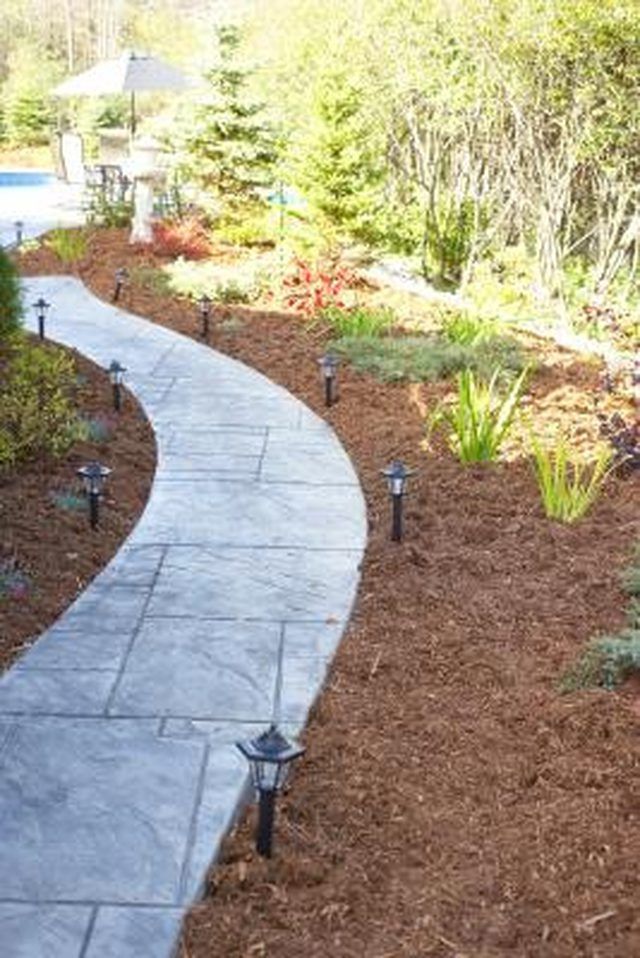Bulbs
Flower Basics
Flower Beds & Specialty Gardens
Flower Garden
Garden Furniture
Garden Gnomes
Garden Seeds
Garden Sheds
Garden Statues
Garden Tools & Supplies
Gardening Basics
Green & Organic
Groundcovers & Vines
Growing Annuals
Growing Basil
Growing Beans
Growing Berries
Growing Blueberries
Growing Cactus
Growing Corn
Growing Cotton
Growing Edibles
Growing Flowers
Growing Garlic
Growing Grapes
Growing Grass
Growing Herbs
Growing Jasmine
Growing Mint
Growing Mushrooms
Orchids
Growing Peanuts
Growing Perennials
Growing Plants
Growing Rosemary
Growing Roses
Growing Strawberries
Growing Sunflowers
Growing Thyme
Growing Tomatoes
Growing Tulips
Growing Vegetables
Herb Basics
Herb Garden
Indoor Growing
Landscaping Basics
Landscaping Patios
Landscaping Plants
Landscaping Shrubs
Landscaping Trees
Landscaping Walks & Pathways
Lawn Basics
Lawn Maintenance
Lawn Mowers
Lawn Ornaments
Lawn Planting
Lawn Tools
Outdoor Growing
Overall Landscape Planning
Pests, Weeds & Problems
Plant Basics
Rock Garden
Rose Garden
Shrubs
Soil
Specialty Gardens
Trees
Vegetable Garden
Yard Maintenance
The Best Type of Mulch for Flower Gardens
The Best Type of Mulch for Flower Gardens. Mulches have been used for centuries to protect young plants from moisture loss, temperature fluctuations and weed growth. In a study conducted by Cornell University, flower beds that were mulched had twice as much soil moisture as unmulched beds, and gardeners spent two-thirds less time weeding.

Mulches have been used for centuries to protect young plants from moisture loss, temperature fluctuations and weed growth. In a study conducted by Cornell University, flower beds that were mulched had twice as much soil moisture as unmulched beds, and gardeners spent two-thirds less time weeding.
Availability
Good mulches are those that are readily available and economical. Cocoa mulches, for example, are a by-product of chocolate processing and make an excellent mulch. However, they are not widely available and are somewhat expensive. Pine needles, shredded leaves and wood chips are usually readily available and very economical or free.
Maintenance
Annual flower beds are replaced annually; therefore, a mulch that is easy to remove, such as pine needles, wood chips or cocoa hulls is ideal. A more durable mulch is appropriate for perennial beds. Consider landscaping fabric covered with bark or wood chips. Gravel is often used in perennial beds. While very durable, it compacts the soil and retains heat in the summer. Reserve it for rock gardens or for use around shrubs.
Organic Matter
Mulches that break down, improving the soil over time, provide additional benefits. Grass clippings, straw and shredded leaves add nitrogen to the soil as they decompose. Pine needles add acid to the soil. When wood chips initially begin decomposing, they take up nitrogen from the soil. Provide additional nitrogen fertilizer to flowers after applying a wood chip mulch, Cornell University recommends.